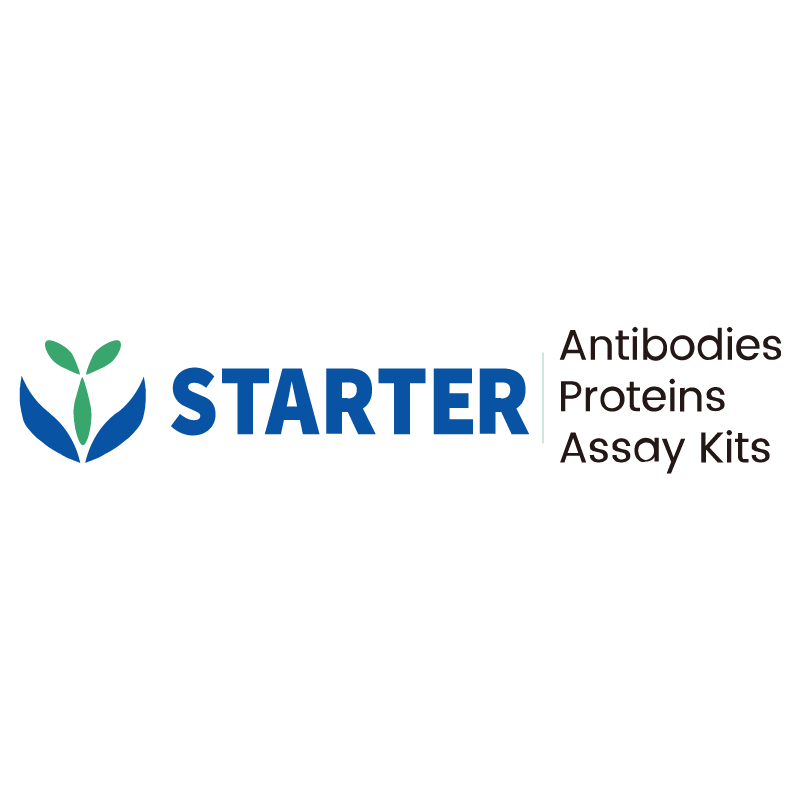Product Details
Product Details
Product Specification
| Host | Rabbit |
| Antigen | Mouse IFN-γ |
| Synonyms | Interferon gamma, IFN-gamma, Ifng |
| Location | Secreted |
| Accession | P01580 |
| Clone Number | S-3280-2 |
| Antibody Type | Recombinant mAb |
| Isotype | IgG |
| Application | ELISA |
| Reactivity | Ms |
| Purification | Protein A |
| Concentration | 0.5 mg/ml |
| Conjugation | Unconjugated |
| Physical Appearance | Liquid |
| Storage Buffer | PBS, 40% Glycerol, 0.05% BSA, 0.03% Proclin 300 |
| Stability & Storage | 12 months from date of receipt / reconstitution, -20 °C as supplied |
Dilution
| application | dilution | species |
| ELISA | 1:5000-1:10000 | Ms |
Background
Interferon gamma (IFN-γ) is a cytokine critical to both innate and adaptive immunity, and functions as the primary activator of macrophages, in addition to stimulating natural killer cells and neutrophils. A non-IgE-mediated anaphylactic reaction and severe bronchospasm have been reported once after the first injection of interferon gamma. IFN-γ activates cells via a different receptor than IFN-α and IFN-β, which accounts for the different physiological properties of the proteins. Production of IFN-γ is largely restricted to activated CD4+ TH1 T cells, CD8+ T cells, and natural killer cells. One of the most important consequences of IFN-γ secretion is the activation of macrophages. In addition, IFN-γ plays a central role in inflammatory responses by activating endothelial cells, promoting TH1 cell development and cellular immune responses, and up-regulation of major histocompatability complex protein expression on antigen-presenting cells.


